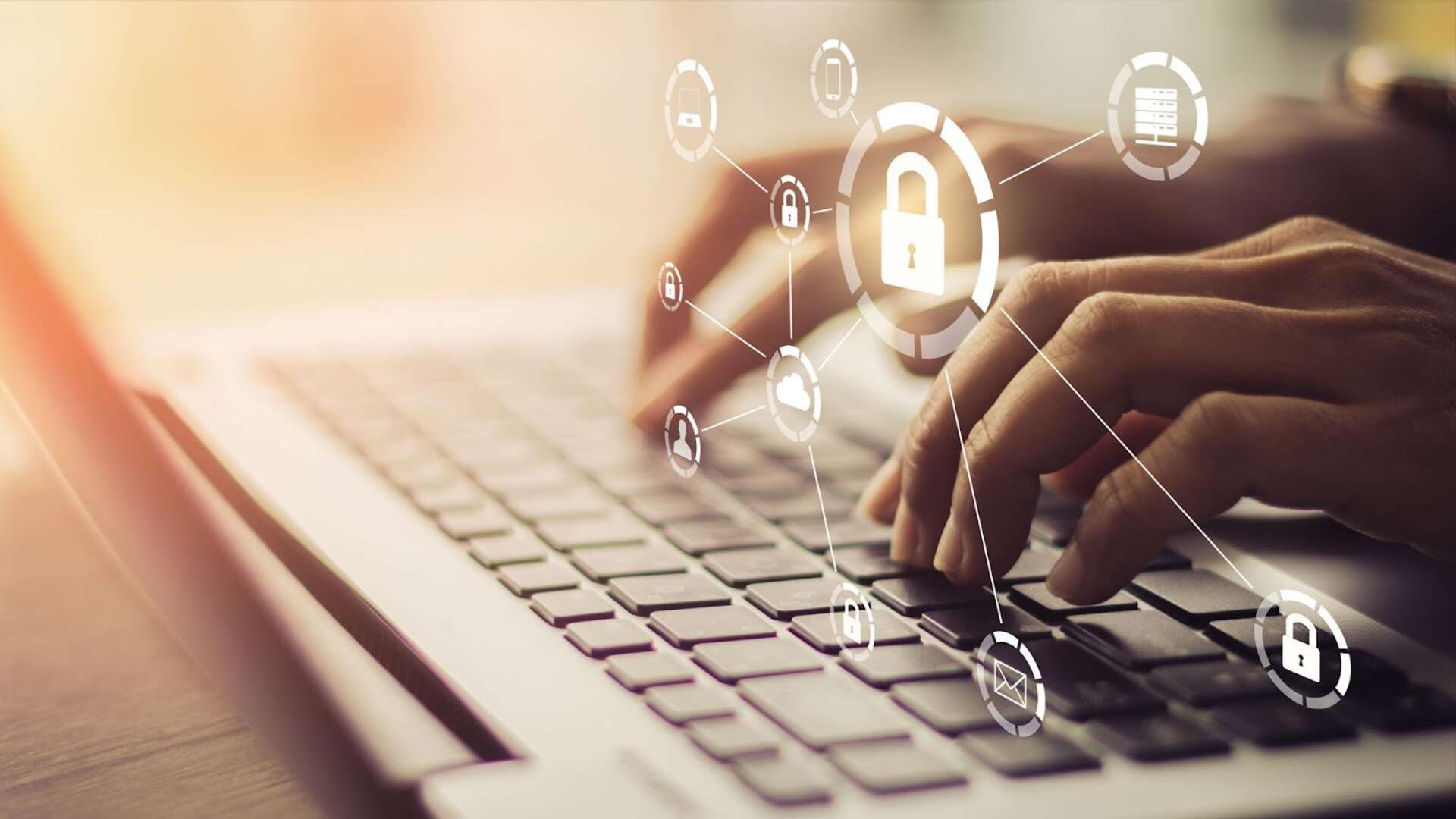Malware attacks on business email security are on the rise, with thousands of firms affected daily by ransomware and viruses. This becomes more challenging as hackers invest time and resources in building powerful software capable of circumventing protection systems.
Developing a thorough system will assist businesses in protecting themselves against malware, including ransomware and crypto-malware, and more. It will also assist businesses in defending themselves against attackers by blocking relationship threats from incoming emails.

So what are the security best practices that businesses should take to improve?
1. Ensure that your business’s email is secure.
The first and most critical strategy that businesses should implement is robust email security. Businesses, for example, may prevent malware threats and phishing emails from reaching employee inboxes with Secure Email Gateway. These services are available in the cloud, on-premises, or in a hybrid configuration. They sit in front of your email network and filter out spam, graymail, and other harmful information.
The advantage of implementing effective email security is that businesses can ensure that their users are protected from malicious emails. Email gateways prevent threats, such as phishing, to trick users into making payments or revealing account information.
In addition, the security system provides clearer visibility into email threats, by providing comprehensive reporting and email account management for all users. Businesses of all sizes should deploy an email firewall to protect their users and strengthen their defenses against email threats.
2. How to recognize and prevent email scams
The biggest threat coming from email is phishing attacks. Phishing emails target your users with email phishing, impersonation, and non-technical attacks to trick them into clicking dangerous links, providing account data, or making fraudulent payments.
There are several steps businesses can take to protect themselves against phishing attacks. Implementing a Secure Email Gateway can be useful, as it uses attachments and URL threat protection technologies to scan emails for malicious links and attachments and prevent them from being sent.

3. Password management for enterprise email security system
Credential theft is a significant issue for businesses. Phishing attempts frequently target users’ credentials, as SaaS accounts might hold company data, consumer data, and financial information that criminals can use to their advantage. Employees frequently use the same password for several accounts because firms lack a dependable method of managing passwords or requiring employees to change passwords on a regular basis.
Phishing emails often ask users to reset their password or log into a phishing account website to get credentials. It can often be difficult for users to tell what a phishing email is, even if an organization has put in place email protections and regular security training.
The password must be:
-
A mixture of upper and lower case letters, numbers, and symbols.
-
Uncommon words.
-
Does not contain any names or any easily identifiable information.
-
Unique for each account.
This will help prevent account intrusions, even if account credentials are compromised by phishing attacks.
4. Secure encrypted email
Secure email encryption is critical to protecting the company and user data. It’s important for businesses of all sizes, to encrypt their email, and it doesn’t have to be complicated. There are a number of cost-effective and easy-to-use encryption services available to secure email without affecting everyone’s ability to send or receive important emails.
The main purpose of email encryption is to ensure that emails are received only by their intended recipients, with all data containing them protected. They are usually operated by users who need to log in to view encrypted emails. This means email senders have more control over emails, including being able to revoke access to emails sent to the wrong people, see when emails have been opened, and prevent emails from being delivered.
This is important for businesses because there has been an increase in malware attacks aimed at hacking emails, and if businesses use encrypted email, attackers won’t be able to. Read sensitive emails. It also helps protect email data sent through the cloud, preventing data from being intercepted.
5. Email antivirus and end-user protection software
One technique that contributes to enhanced email security is to implement endpoint antivirus protection on all work devices. This is an important step in preventing ransomware and malware from entering your endpoints, as it will prevent malware or email-transmitted ransomware from infecting your endpoints.
Mail Gateway EG Platform is an Email security technology based on AI and Machine Learning, detects and prevents targeted Email attacks (BEC, APT), comprehensively secures incoming and outgoing emails, filters up to 99.99% of Spam Mail. Learn more about the Mail Gateway EG Platform here.
